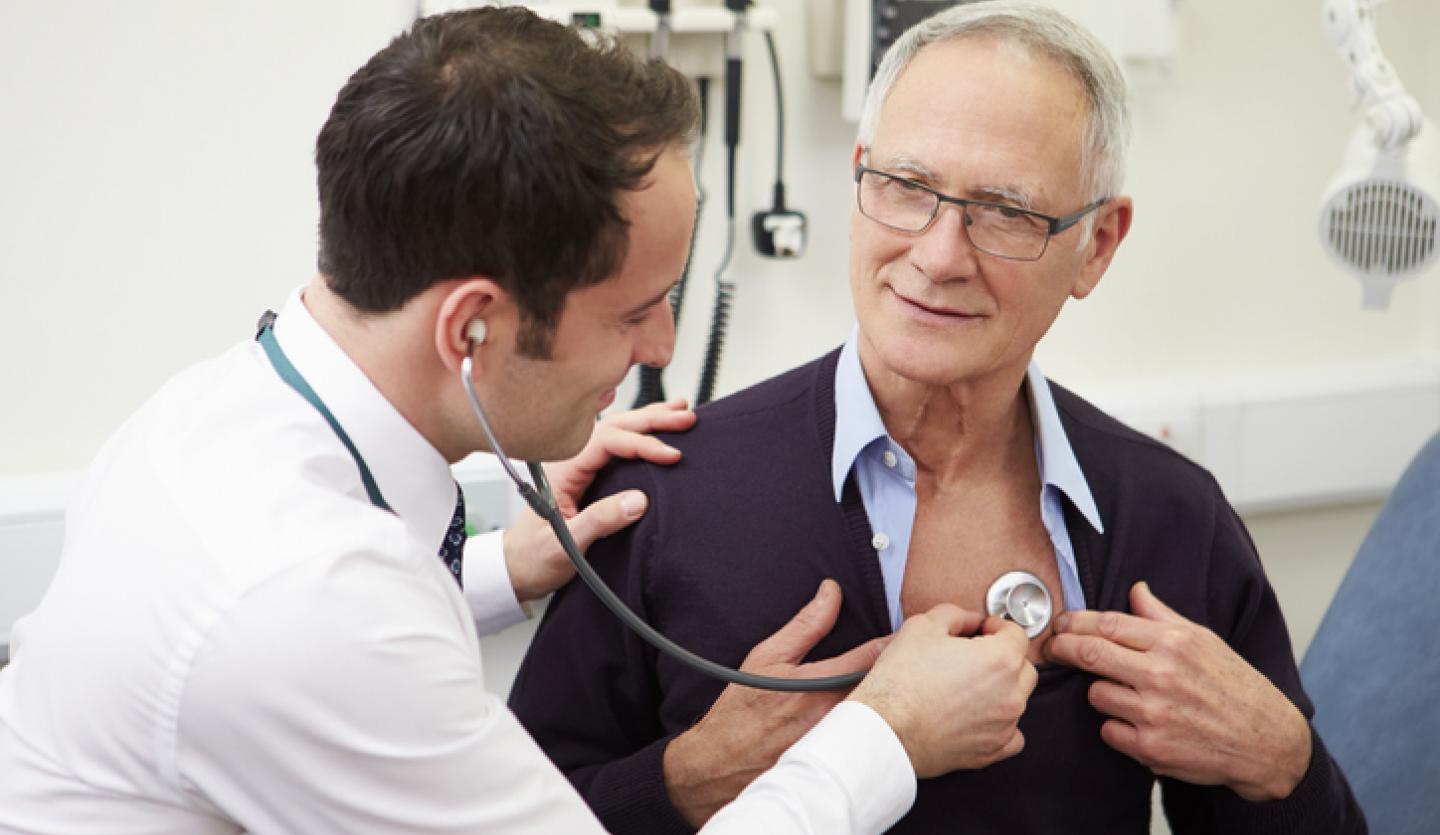If you are concerned about your cardiovascular health, a good first step is expressing those concerns to your primary care physician (PCP).
Your PCP may refer you to a cardiologist for further examination. Or, they may tell you to make a few lifestyle adjustments that can improve your cardiovascular health.
Some symptoms that may indicate you need to visit a cardiologist include:
- Chest discomfort
- Shortness of breath
- Swelling in your legs
- High blood pressure
- Abnormally fast or slow heart rate
- Dizziness or fainting
- Leg pain or ulcers resulting from blood vessel diseases
Additional reasons why it may be a good idea for you to make an appointment with a cardiologist include:
Further Examination Requested by Primary Care Physician
A PCP may refer you to a cardiologist if they see something during a visit that may need to be looked at further.
Family History
Cardiovascular diseases are often genetic. If you have a family pattern of cardiovascular diseases, or you have any of the risk factors, you should make an appointment with a cardiologist.
High Risk
If you have a risk factor for cardiovascular diseases, such as high blood pressure or high LDL cholesterol, you should meet with a cardiologist to manage those factors and make appropriate lifestyle changes.
History of Smoking
Smoking at any point in your life increases your chances of developing a cardiovascular disease. If you are currently a smoker, or have been a smoker, you should strongly consider meeting with a cardiologist.
Congenital Heart Disease in Childhood
If you were born with congenital heart disease, and treated when you were a child, you should still be routinely meeting with a cardiologist for continued care.
Starting a New Exercise Routine
You should meet with a cardiologist before engaging in moderate to high-intensity exercise if you currently maintain an inactive lifestyle, have heart or kidney disease, or have type 1 or 2 diabetes. The doctor can then make sure that you don't have any underlying heart conditions and that you don't start an exercise routine that is too intense for your current lifestyle.
Gum Disease
It is important to seek care from a cardiologist if you have been diagnosed with gum disease. Bacteria found in gum disease can travel to the heart and cause inflammation in heart vessels and infections in heart valves.
Cancer Patients or Survivors
Certain cancer treatments can damage the heart and strain blood vessels and heart muscles. These issues do not affect every cancer patient. But it is still recommended that cancer patients or survivors visit a cardiologist.
To make an appointment with a Catholic Health primary care physician, please visit our Find a Doctor page or call (866) MY-LI-DOC.

